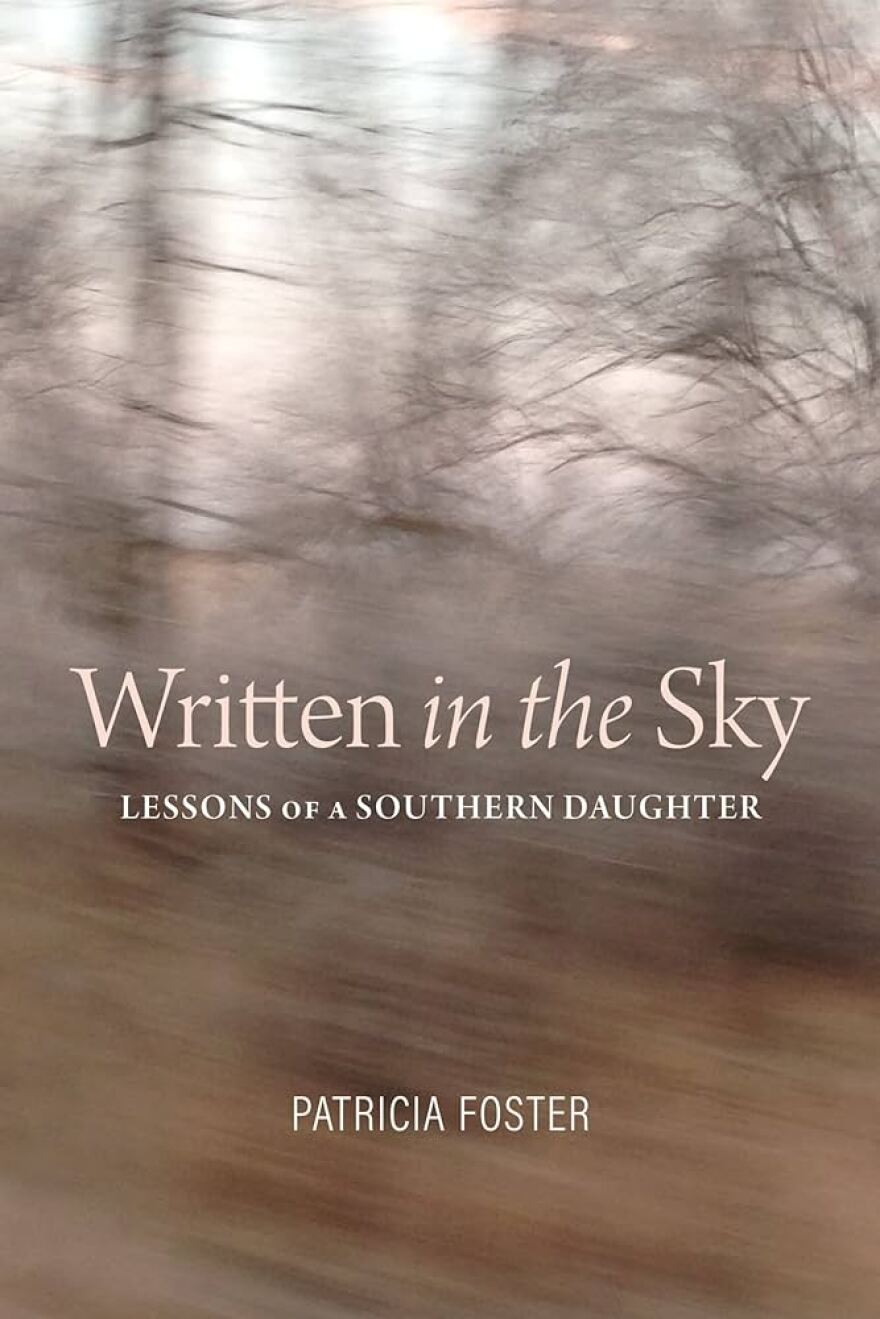Patricia Foster writes what is known as the “personal essay.” And they are personal indeed. Her very successful first book, “All the Lost Girls: Confessions of a Southern Daughter,” was followed by several more volumes, chronicling her own life experiences: moving out of the South, teaching, marrying, heartbreak, traveling.
This volume, as the title suggests, bookends her first volume. Several essays are explorations of racial subjects. She examines in detail Virginia Durr’s autobiography “Outside the Magic Circle,” the gold standard for a southern woman’s racial awakening and conversion. She writes movingly of her experience at the Peace and Justice Memorial, with the descriptions there of grotesque lynchings, and thoughtfully about her own efforts to come to terms with the racial ignorance of her youth and her work over the years to achieve an empathy for the racial injustices of her time.
For me, however, her greater strengths lie in the examinations of her closest relationships: with her immediate family. There are deeply moving accounts of Foster’s visits home to be with her dying mother and, even more distressing, her dying sister. Right to the last, the old sibling rivalry shows itself. Do we ever learn?
Foster and her mother quarrel over issues that cannot be resolved between generations. Are young women at least partly responsible for what happens to them if, at 15 years old, they go to a party, dressed, as Mrs. Foster would say, provocatively, get drunk and then are assaulted? Is violence by people in the George Floyd protests acceptable? Even in what will be the last conversations with her mother, there is still that perpetual, American gap between the generations. Will we never acknowledge that we are formed, in large part, by the cultural values of our childhood?
In what may be the best essay, “Nowhere,” she revisits her mother’s childhood in a desperately awful mining town. There, her mother suffered poverty, hunger, even sexual abuse at the hands of her big brother, who should, of course, in a better world, have been protecting her. Foster’s mother would persevere, however, graduate from college, become the wife of the town physician, and a perfect mother, taking Patricia and her sister, Jean, who herself becomes a doctor, to piano lessons, dance lessons, you name it. Everything—clothes, car, yard, posture, everything, must be perfect.
The Fosters have arrived, but the stresses of being what Foster calls “Below” are replaced by “the incredible fragilities of Above. Instead of the confident ease of middle-class families …my family was circumspect, on guard, alert to every slip in status. Anything could happen! Reversals Disappointments. Ruin.” The anxiety of the newly arrived middle class in the South has never been better done. Patricia’s mother, invited to a teacher’s house for dinner as a young girl, cleans her plate, not understanding the southern-lady protocol of leaving something uneaten. “My goodness, someone has an appetite,” the teacher’s mother says.



